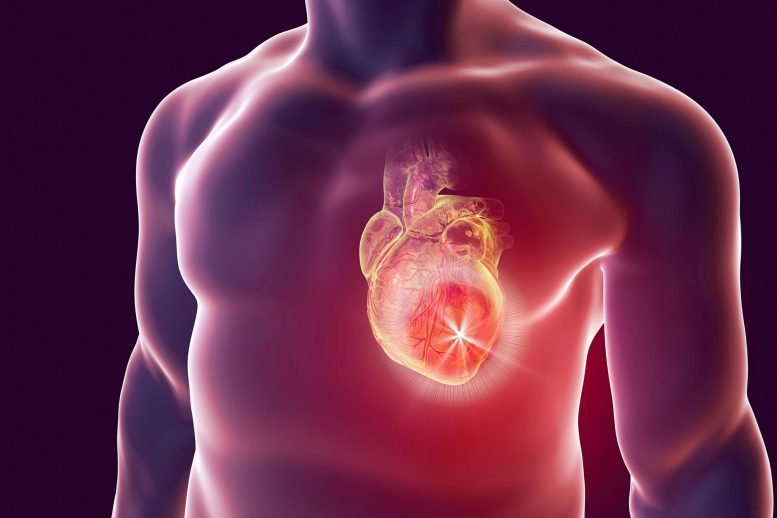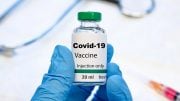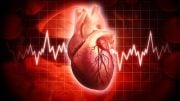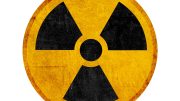
A recent study reveals that individuals exposed to low doses of ionizing radiation have a slightly elevated risk of developing heart disease in their lifetime, adding to previous knowledge linking radiation to cancer risk. The researchers advise maintaining radiation levels as low as reasonably possible during medical procedures and suggest that current guidelines for worker radiation exposure may need re-evaluation.
According to a new study by a global team of researchers, individuals exposed to small amounts of ionizing radiation may experience a slight increase in their lifetime risk of developing heart disease.
“The study suggests that radiation exposure, across a range of doses, may be related to an increased risk of not just cancer, as has been previously appreciated, but also of cardiovascular diseases,” says Andrew Einstein, MD, Ph.D., professor of medicine at Columbia University Vagelos College of Physicians and Surgeons and one of the study’s senior authors.
“It should not steer people away from receiving radiation if necessary—in fact many medical uses of radiation are lifesaving—but it underscores the importance of ensuring that radiation is used appropriately and kept as low as reasonably achievable.”
It’s well known that exposure to high doses of radiation, from cancer therapy for example, can damage the heart. But firm evidence linking heart disease with low-dose radiation—encountered by workers in the nuclear industry or from diagnostic medical imaging—is less clear.
The researchers used data from 93 studies covering all ranges of radiation exposures to find a relationship between dose and heart disease.
They found an increased excess lifetime risk of 2.3 to 3.9 cardiovascular deaths per 100 persons exposed to one Gy of radiation. (In the United States, about 25 out of every 100 people die from cardiovascular disease; a person exposed to 1 Gy of radiation will have a slightly higher, 27% to 29%, risk of dying from cardiovascular disease).
Few people other than those receiving radiation therapy will receive 1 Gy during their lives. But the researchers also found a higher risk of heart disease at low dose ranges (<0.1 Gy) more commonly experienced by the public and also for protracted exposures to low doses.
More research is needed to determine the precise increased excess lifetime risk of heart disease from these low doses.
“The effect of lower doses of radiation on the heart and blood vessels may have been underestimated in the past,” Einstein says. “Our new study suggests that guidelines and standards for the protection of workers exposed to radiation should be reconsidered, and efforts to ensure optimal radiation protection of patients should be redoubled.”
Reference: “Ionising radiation and cardiovascular disease: systematic review and meta-analysis” by Mark P Little, Tamara V Azizova, David B Richardson, Soile Tapio, Marie-Odile Bernier, Michaela Kreuzer, Francis A Cucinotta, Dimitry Bazyka, Vadim Chumak, Victor K Ivanov, Lene H S Veiga, Alicia Livinski, Kossi Abalo, Lydia B Zablotska, Andrew J Einstein and Nobuyuki Hamada, 8 March 2023, The BMJ.
DOI: 10.1136/bmj-2022-072924
The study was funded by the National Cancer Institute.








Be the first to comment on "Silent Danger: Hidden Link Discovered Between Low-Dose Radiation and Heart Disease"